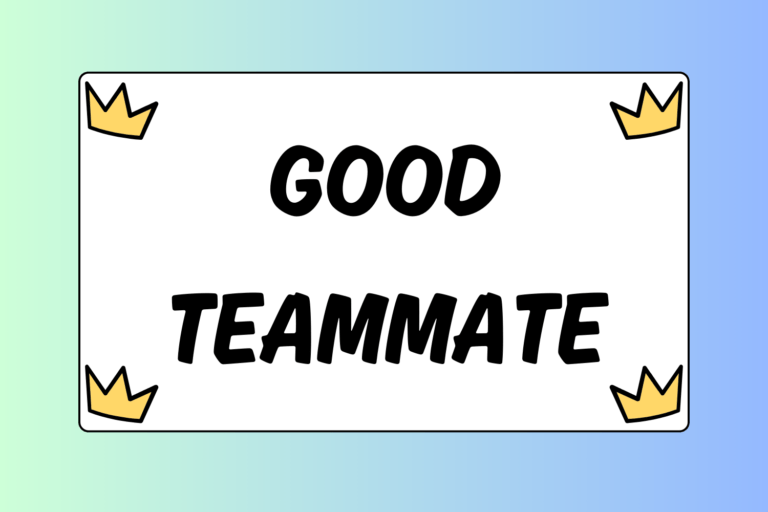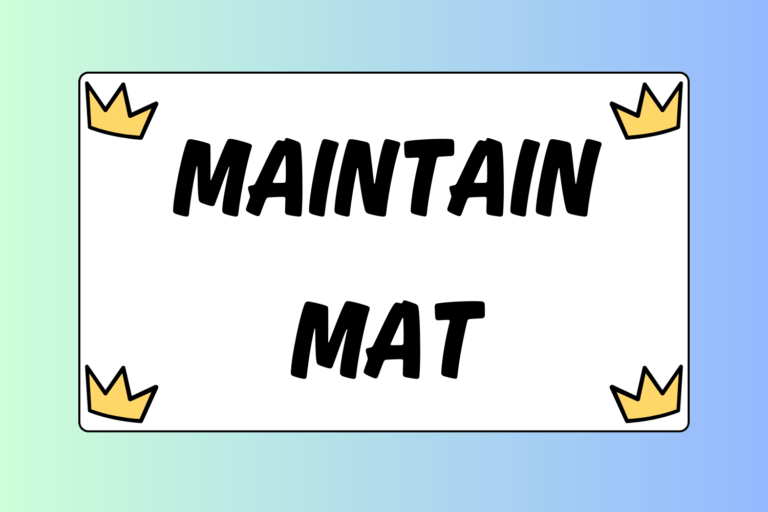A great way to refine your skills in the offseason is to attend a camp or clinic, which are mostly offered in the summer. There are literally thousands of camps from which to choose, and all will have different structures, and teach varying techniques and philosophies. For a first-time camper, finding the perfect camp can be an overwhelming task.
Before starting your research, you need to ask yourself (or your wrestler) what is needed the most. Having trouble scoring takedowns? Need that extra push to get to the next level? Knowing your skill level and the type of instruction or training you need is essential in choosing a camp that will benefit you. Camps are designed for different purposes and focus on specific skills and types of training. Various types of camps will be discussed in this guide, as well as details on the experience as a whole. All of this should help with the process of finding the camp that’s best suited for you!
Narrow it Down
Wrestling camps come in all shapes and sizes— almost literally. Each camp has a unique structure, and there are almost endless possibilities on where to go, how long to stay, and what to learn. Camp costs run anywhere from a few hundred to a few thousand dollars, so it is extremely important that you are confident that the camp you choose will benefit you in the area(s) that you need most. Here are a few things to think about as you are browsing camp brochures:
Camp Options
You can probably find a number of camps close to home that have a good atmosphere, and these camps are often cheaper. At “hometown” camps, the number of campers is typically low, and the participants usually receive a great deal of one-on-one attention. Also, if you’re looking to stay close to home and save some cash, look for any big name camps that are coming to a location near you. Many well-established camps often travel to several locations throughout the year.
However, it is recommended that you travel to a camp outside of your area (if you have to, that is). This way, you will have a greater selection of quality camps from which to choose, and you will also be exposed to styles of wrestling that you might not be used to. To help describe your choices a little more, here are the options you will have with most camps:
- Commuter: Those who stay at home (or in some cases a hotel) and travel to camp practice sessions every day are called “commuters.” This may cut the cost of the camp down by several hundred dollars, because you are not paying for housing and other amenities provided by the organization. However, your options will be limited to any camps that will be in your living area.
- Resident: Those who choose to stay overnight at a camp are known as “residents.” Generally, resident campers stay with other residents in dormitory-style housing (depending on the location and facilities). This proves to be much more convenient than commuting. This is also recommended by most in the wrestling community in order to gain the “whole camp experience.”
Know the numbers
Often times, the most sought-after camps are a bit crowded, allowing up to several hundred wrestlers to attend. For more mature and experienced wrestlers, this usually isn’t a problem. However, beginning wrestlers can get lost in the commotion of a big camp, hurting their chance of soaking up the most information possible. If this is your first camp experience, consider one that has a set limit to the number of campers.
Says who?
The coaches you are learning from are a huge factor when choosing the right camp. It will always benefit you to attend a camp run by a well-known organization and/or coaching staff. College programs are notorious for having quality clinicians as a part of their staff. Do some research on the clinicians; check the camp brochure or website for a list of coaches and their accomplishments. Learning from a coach who has national or Olympic credentials may have a huge impact on your wrestling.
Every Camp has a Purpose
Technique Camps
If you are a beginning wrestler looking to gain some all-around skills and experience, or wanting to focus on just one aspect of your wrestling that needs improvement, a technique camp is probably right for you. Technique camps will broaden your knowledge as a wrestler, and expose you to higher skill levels of technique. Generally, technique camps are built around learning and recreation, and are often non-intensive and great for beginning wrestlers.
Most technique camps typically show a wide variety of techniques in all positions (top, bottom, and neutral). However, some technique camps often focus on one specific aspect of wrestling, or are designed for certain groups of wrestlers. Some areas of focus are:
- Leg riding and top wrestling
- Bottom wrestling and escaping
- Takedowns
- Heavyweight techniques
- Lightweight techniques
- Pinning
- Team competition camps
Talk to your coach and take the time to do some research to see if there is a camp offered that is focused on the area in which you need the most improvement. A focused technique camp environment could help turn your weakest characteristic into what wins you a championship.
Hot Tip: Learn and Perfect
Instead of overloading yourself with moves that you may never use, pick a few techniques that will work for you and your style and keep drilling those until they are perfected. Bring a notebook and a pen to write down detailed descriptions of the techniques that you want to remember. If allowed, try to videotape some of the techniques that are shown.
Intensive Camps
For a more experienced wrestler, attending an intensive camp will help take the skills you already possess to the “next level.” These camps usually don’t focus too much on learning new techniques, as they expect that you already have a solid foundation. Intensive camps are generally designed for exposing “average” wrestlers to the focus and intensity in training that is needed at the highest levels of competition, in addition to mental and physical skills that are needed to be successful.
Intensive camps are notoriously grueling, both physically and mentally. So don’t sign up for one of these camps if you aren’t ready to work hard. The length of technique camps can range anywhere from a few days to an entire month. To prepare, you should be training at least three days a week prior to the camp’s first day; intense running, weight lifting, and wrestling are a must. Do not show up to an intensive camp out-of-shape!
It is also highly recommended to attend an intensive camp with one or more hard-working teammates. Having others around to push you and keep you positive could make all the difference in this situation.
So if you take the sport seriously and expect to win championships, it is highly recommended that you attend one of these camps at some point. You could have the experience of a lifetime – if you finish, that is!
International Wrestling Tours
Most wrestlers don’t even know that they have the opportunity to combine wrestling training with invaluable vacation time. Wrestling tours are designed to expose wrestlers to foreign cultures where wrestling is a tradition, while also granting campers the opportunity to learn and grow as an athlete. International tours can take you to parts of Europe, North America, and South America.
Typically, the staff consists of world-class coaches, often being former international competitors who have a familiarity of the country or countries that are being visited. Fees for these camps are more than a regular camp, and can cost several thousands of dollars depending on the expenses (airfare, housing, food, coaching, etc.).
The main focus of international wrestling tours is competition. For this reason, space may be reserved for more advanced wrestlers. Although wrestlers will typically be taught advanced freestyle and Greco-Roman techniques, wrestlers will also spend time participating in matches with wrestlers from other countries. These camps are very unique and structures and purposes may vary. So do some research to make sure you will be getting the most out of this once-in-a-lifetime opportunity.
Get Going!
Choosing a good camp can be tough at first, but once you decide what you need as a wrestler and know what is being offered, picking a camp becomes much easier. Remember that you may attend multiple camps per summer. These camps might be run by the same organization or a combination of a few. Be ready to work hard and have fun no matter what camp you choose. For more advice regarding camps, be sure to check out the guide titled How to Pack for Wrestling Camp.





